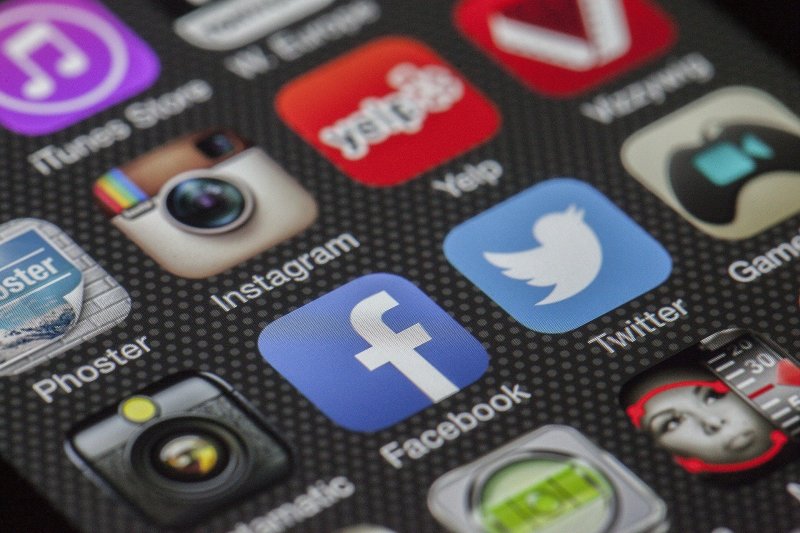
Recent polling by the Pew Research Center conducted June 16-22, 2020 has captured partisan divides in perceptions of censorship on social media platforms as well as significant changes in sentiment in the last 2 years. The polling data from 4,708 adults reveals a stark divide between Republicans and Democrats on a number of issues including censorship bias and the extent of social media censorship. In addition, the data shows clear ideological trends on many questions.
In recent years, although Americans appreciate the advances and services provided by big tech companies, they have grown increasingly wary of these companies and their executives. This mistrust has been a large issue in politics, with many critics accusing companies of political bias and preventing open discussion.
The Pew Research Center survey conducted in June finds that roughly three-quarters of U.S. adults say it is very (37%) or somewhat (36%) likely that social media sites intentionally censor political viewpoints that they find objectionable. Just 25% believe this is not likely the case. The survey conducted in June finds that about three-quarters of American adults think that it is very (37%) or somewhat (36%) likely that social media sites intentionally censor political viewpoints that they find objectionable. On the other hand, only 25% believe that this is likely not true. The majority of both political parties also finds this to be true. However, this sentiment is much more widespread and growing quicker among Republicans. 9 in 10 Republican leaning adults answered that it was at least somewhat likely that censorship of objectionable viewpoints occurs on social media. This is up slightly from 85% when the center asked this same question in 2018.
Public debate about social media censorship grew this summer as Twitter began placing "fact-checks" and warnings on unsubstantiated information tweeted by President Trump. In addition, fact-checks were commonly placed on misinformation related to COVID-19 and 5G. Twitter's labels link to a page curated by Twitter staff or "external trusted sources" with further information about the claims made in the tweet.
The center's survey indicates that the American public is split on whether or not social media companies should use these fact-checks, but there is little confidence that these companies could accurately flag false or misleading content. Partisanship is key on this issue, as far more Democrats (73%) at least somewhat approve of social media companies engaging in fact-checking than Republicans (27%).
When asked about social media companies fact-checking elected officials, liberal Democrats are the most likely to be supportive: 85% say they approve, compared to 64% of moderate Democrats, 38% of moderate Republicans and 21% of conservative Republicans.
A similar trend was observed when participants were asked if they had confidence in social media companies' ability to determine which posts on their platform to label as misleading. 9 out of 10 conservative Republicans had no confidence, compared to 34% of moderate Republicans and 11% of both liberal and moderate Democrats.
As a whole, the public does not trust that social media companies will be able to accurately label posts as misleading. 66% of Americans say that they have not too much or no confidence.


















